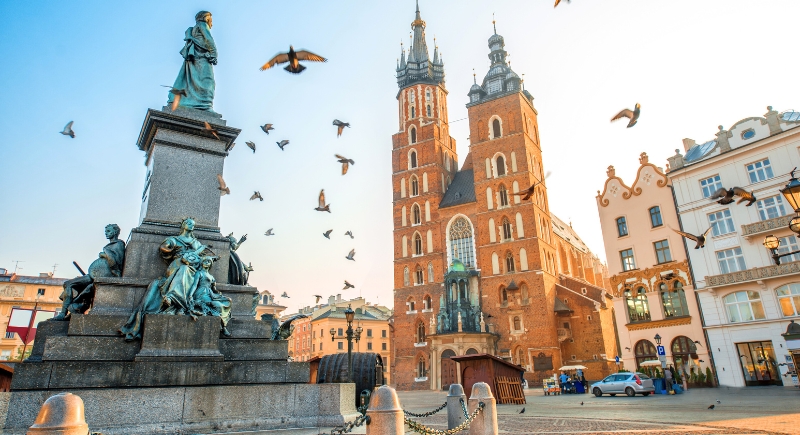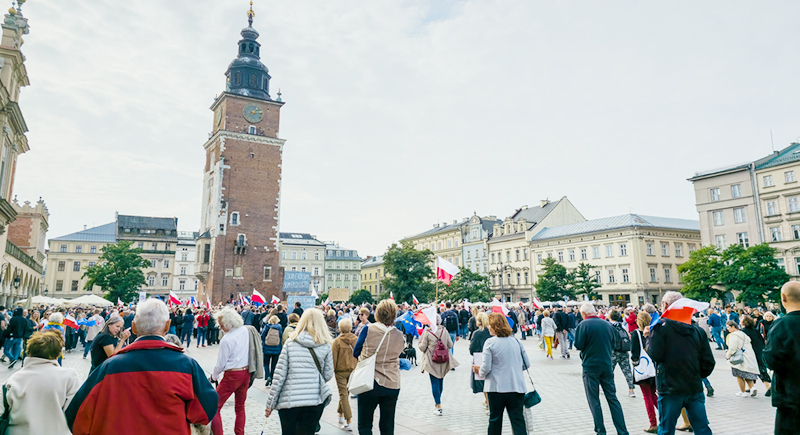How Poland Built a Trillion-Dollar Economy by Breaking All the Rules
Poland just crossed into the one-trillion-dollar GDP club. Not long ago, the country was known for rebuilding itself after communism, and now it ranks among the largest economies in Europe. The country did this while rejecting some of the so-called rules that Western nations have leaned on for decades.
Instead of throwing away its traditions or erasing history, Poland doubled down on its culture and values. It rebuilt medieval squares, restored churches, and turned historic centers into living attractions.
A Country That Didn’t Sell Out

Image via iStockphoto/RossHelen
Cities like Kraków, Gdańsk, Wrocław, and Warsaw are now major destinations in Europe. People come for Chopin, cathedrals, cobblestone streets, and authentic historic charm. Tourism is booming, and it has happened without sacrificing identity.
Poland has also maintained a visible role for faith in its culture. In 2016, national leaders and clergy took part in a religious ceremony known as the “Act of Acceptance of Jesus Christ as King and Lord.”
The Economy That Kept Its Own Course
On the economic side, Poland refused to follow the herd. It never adopted the euro and instead kept the złoty. By keeping its own currency, it avoided direct exposure to the eurozone crisis that battered other economies. It also held on to manufacturing while many nations shifted production abroad.
Growth numbers tell the story. Over the past three decades, Poland’s economy has grown faster than nearly all of Central and Eastern Europe. Unemployment is under 3%, inflation has stabilized after recent spikes, and exports remain strong.
According to Professor Marcin Piątkowski, the country has now reached about 80% of Western European income levels. He argues it’s time to recognize Poland as a modern economic success story.
The Quiet Rebuilding of a Global Ambition

Image via iStockphoto/Arpan
Poland’s tech sector has expanded into international markets. Companies like Synerise, which powers AI-driven decisions in more than 150 markets, show how far Polish innovation has reached. Start-ups and entrepreneurs are gradually expanding into Europe, the Middle East, and the United States, and Polish businesses can compete globally.
Leaders now believe the next decade will be decisive. The country is betting on its highly educated youth, public and private partnerships, and attracting foreign investment.
A Different Kind of Success Story
Poland’s growth came with relative social stability. Wages are climbing, crime rates are lower than in many comparable economies, and education outcomes are strong. Immigration, especially from Ukraine, has contributed to the workforce, but the majority of the population remains ethnic Polish.